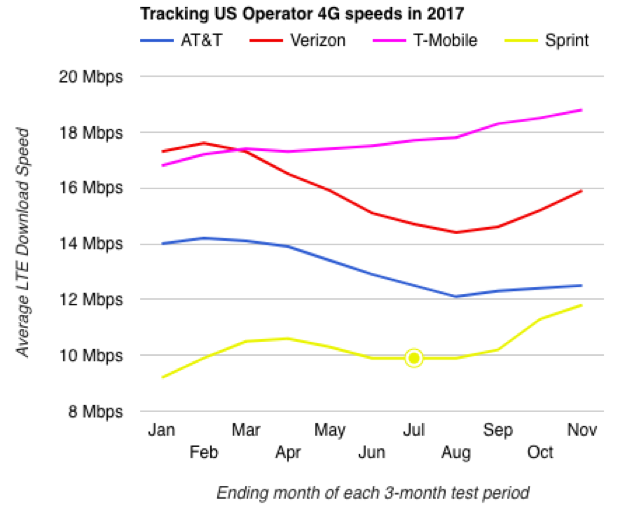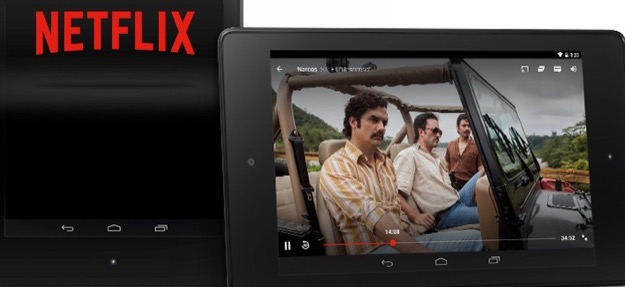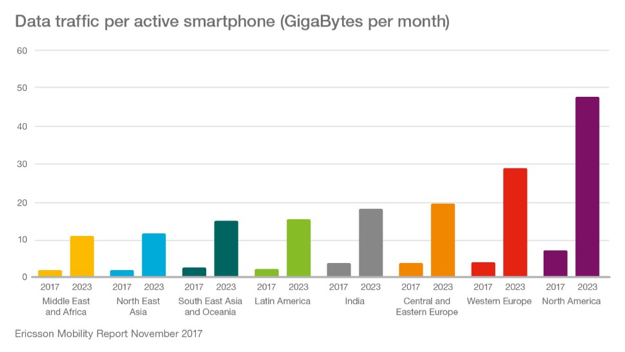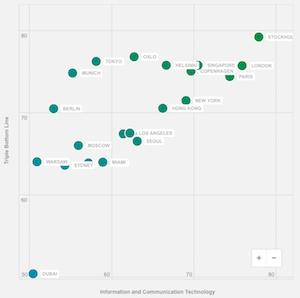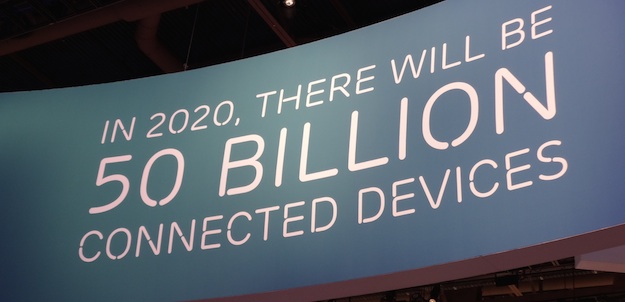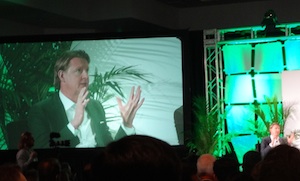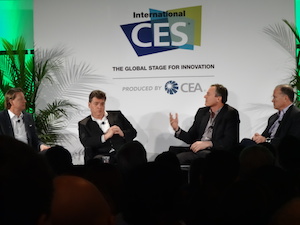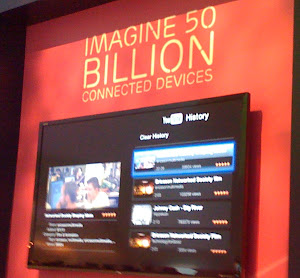U.S. mobile capacity still trailing demand
U.S. mobile network speeds dropped during 2017 when operators went all in with unlimited data plans, according to an analysis done by OpenSignal, a London-based mobile metrics consultancy. Carriers responded well, although speeds weren’t back up to pre-unlimited levels. But you can forget about mobile as a replacement for wireline service.
In the first half of 2017, AT&T and Verizon responded to competition from T-Mobile and Sprint and went back to offering unlimited data plans.… More

